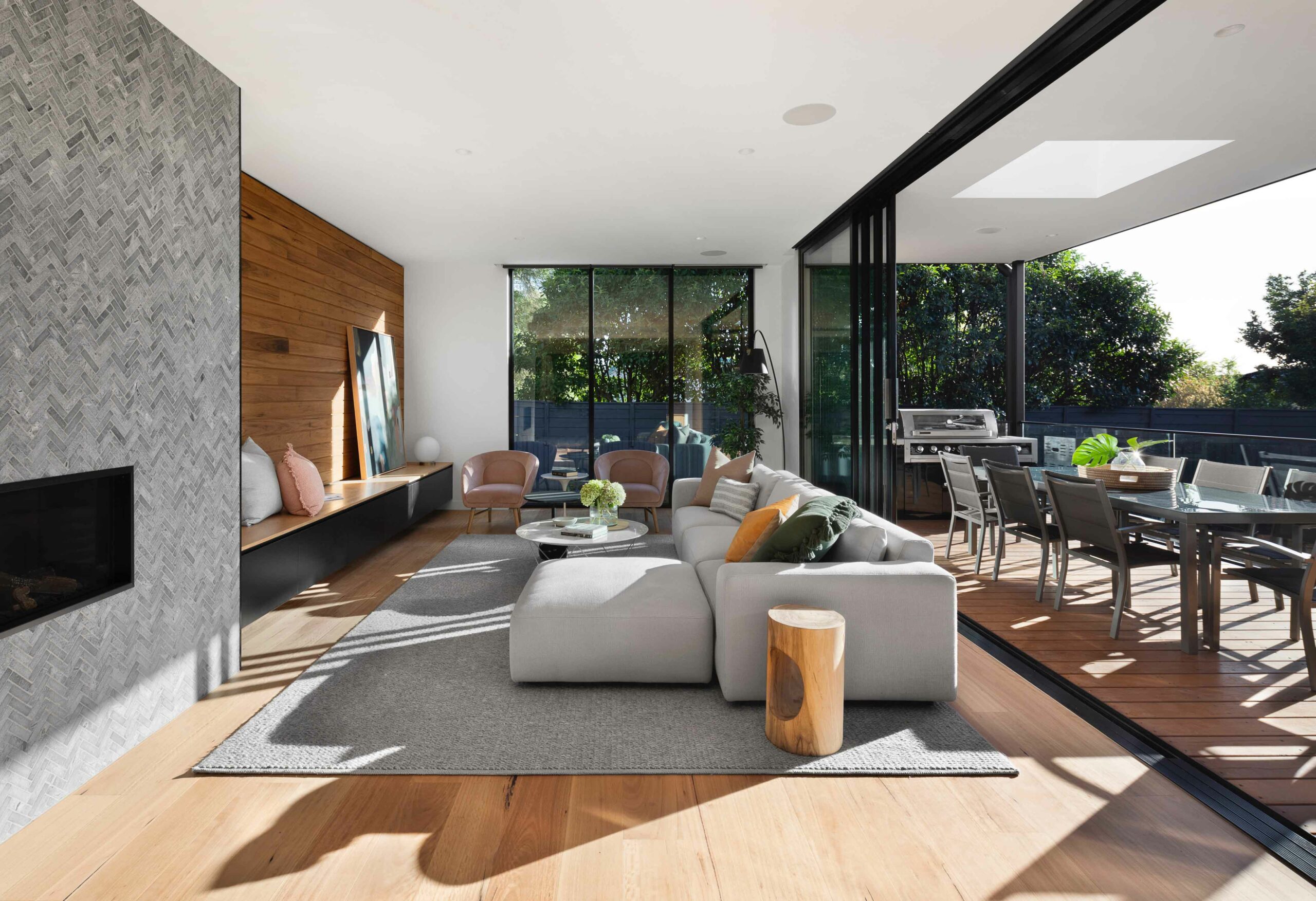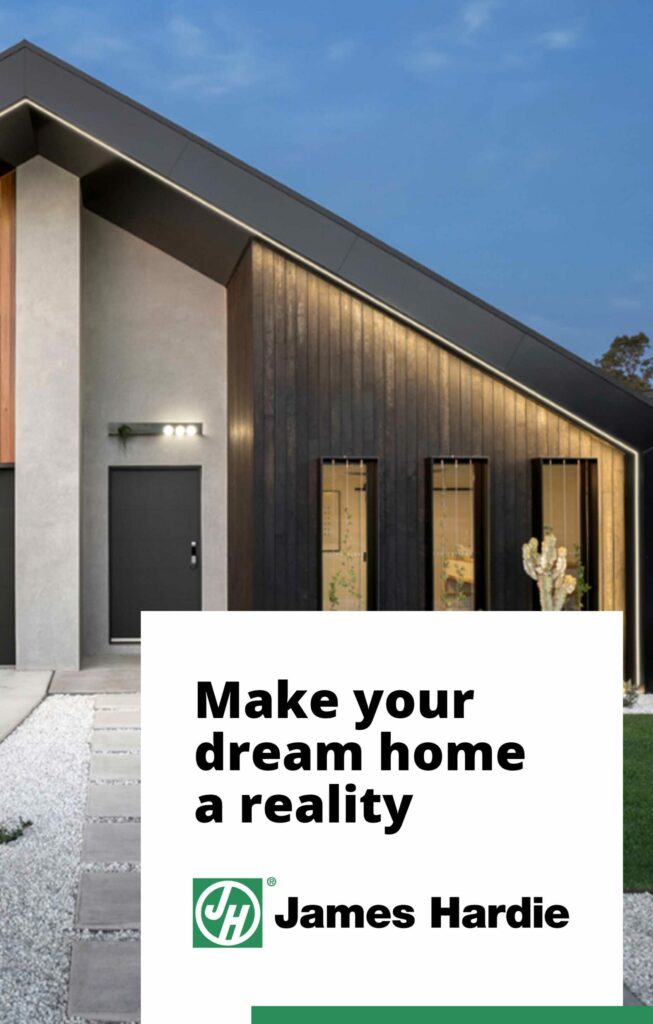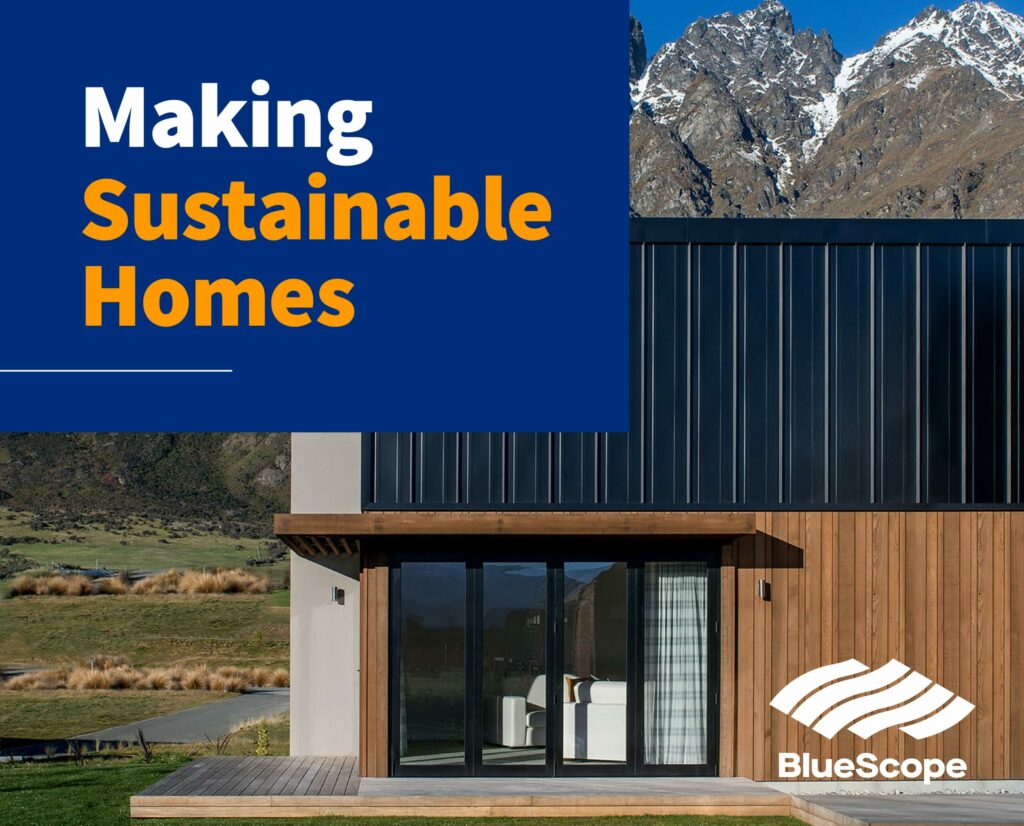
A good place to start is to ask for referrals from friends and family. Who did they use? Did they like them? Was the process enjoyable? Were there any unnecessary issues along the way? Would they use them again?
These follow-up questions are essential because they will provide you with a lot more detailed information about the quality of the builder they used rather than just a name and phone number.
You should always check that any builder you’re considering has a valid contractors license. Every builder is required to include their builders' license number on all their marketing materials and display it on their banners outside a property that they’re working on.
This information is public so you can check that they’re certified by heading to: www.service.nsw.gov.au/transaction/check-builder-or-tradesperson-licence
Evidence. Evidence can be in the form of past projects, past client testimonials, and process documentation. If they don’t have these things readily available to present to you, it’s cause for concern and begs the question; what other areas are they skipping out on?
Most builders have their projects on their website, social media pages, or they will be able to provide you with a catalog of homes they’ve built previously. When it comes to an investment of this size, don’t be shy to have them meet you at a current job site to show you around.
This will show you a myriad of things including their style, their organisation, their experience and their eye for quality. You could also go an extra step and drive past a few of the homes they built in the past and you can get your own, real life view into their work.
When comparing quotes between builders, it is important to compare apples for apples. By this, we mean ensuring that you are receiving an accurate description of the associated costs, and not something that has not factored in all aspects of your build.
This way you can avoid paying a higher cost than you expected or choose a certain builder believing that they offered a competitive price when in reality their quote was simply presented with missing items or low provisional sums for certain items.
You don’t need to talk to too many friends or neighbours to realise that quotes and actual costs aren’t always the same, which is why it is important to understand the different types of quotes to be able to accurately compare one builder to another.
What is a builder’s estimate? A builder’s estimate is often used early in the building journey. This amount is a very simple overview of what you can expect to pay. It is wise to think of this as a ball-park figure. An estimate is a rough indication (mostly quickly calculated by a builder applying a m2 rate) that helps the buyer understand if this particular type of build is worth the potential cost.
A m2 rate doesn’t allow for anything specifically and is simply an educated guess as to what your job will cost based on previous jobs they have constructed. The problem with this is, all sites, materials, processes, designs are drastically different and a m2 is often misleading.
A detailed fixed price is where the builder has invested the time and energy to sit down and calculate every item in your home and the labour required to construct the home. This price is only based on the information at hand and the reason why the more reports and detailed information provided up front helps prevent possible variations later on.
What is a Variation? These are additional costs that the builder was unaware of at the time of quoting and would not have allowed for. This cost to the builder is then passed onto the client in full and usually with an additional 20% margin on these items and the labour / management cost to complete the additional items/variations. Therefore, it is crucial to make sure everything has been allowed for when a detailed fixed price is prepared.
A cost plus contract is where the builder calculates the cost of their time, materials, subcontractors, employees and overheads allocated to the job and applies an additional margin on top of these costs. Depending on the size of the job determines the margin applied, however the government (Icare) strongly suggests a 20% gross margin is applied to all jobs, however this can vary subject to how each builder measures their costs.
Furthermore, a budget needs to be provided initially by the builder to help with budgeting and choosing whether to proceed with a cost plus contract. However, this is only an indicative budget and can vary significantly to the final costs for various reasons.
Earlier we mentioned a provisional sum. A provisional sum is a where the builder will instead of providing a fixed amount for a part of the job (e.g. kitchen costs), they will provide a provisional sum for you to know and use for this part of the build. This helps the builder provide a quote that is an estimated cost of that part of the build, however it can often be inaccurate or misleading subject to the level of inclusions chosen within the home. For example, a $7,000 allowance for a kitchen on a luxury build would be misleading because this potentially could be closer to a $50,000 to $100,000 kitchen.
Therefore, understanding what is allowed for within a provisional sum can sometimes be the difference between builder’s quotes.
Getting an accurate time frame possible from your shortlist of builders should be a key factor in determining who gets the job. You need to know how long they anticipate the project will take, as well as when they’ll be able to start, as every delay will cost you money. A good tip to determine whether you are getting reality is if they give you a time frame, with detail to back it up. General statements like, “Sometime in the early new year” can indicate a lack of scheduling and organisation.
Your relationship with your builder is critical, as you’ll be dealing with them dozens of times over many months. Take note of how they communicate with you during those initial exchanges. Were they responsive? How long on average did it take for them to respond to you? (between 24 - 48hrs is ideal), and were they warm, friendly and approachable?
You want to have a good rapport with the people you’re going to deal with for months through a very important and exciting process.

